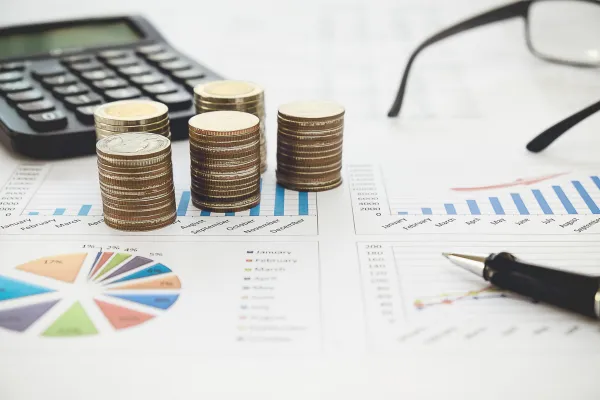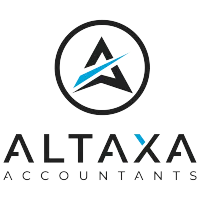BLOG POSTS

Year End Accounts
Year-end accounts often form the basis of your Self Assessment tax return and provide valuable insight into your business.
For sole traders and partnerships, year-accounts will form the basis of the business owners’ self-assessment tax return.
For a partnership, the year-end accounts will also state the balance on each partner’s current account. For owner-managed limited companies, the limited company accounts will house details of the directors’ salaries and the dividends paid to shareholders, which will need to tally with their self-assessment tax return.
The year-end accounts provide invaluable information about your business. You can see if the margin on your sales prices is set appropriately and how the latest performance compares to last year. Movements in sales and expenses are laid bare, allowing you to make better decisions in the future. Anomalies are highlighted and can then be investigated. Having year-end accounts brings you closer to your business and will help drive success.
Banks will also prefer to see a set of accounts for self-employed applicants looking to raise finance or apply for a mortgage.
Deciding on a Year End
Limited companies, partnerships and sole traders are free to pick whatever year-end they like.
Many business owners will pick a calendar year or the tax year (either 31st March or 5th April). Picking the tax year will make your tax liability based on the latest finalised accounts and therefore as current as possible. Consequently, some business owners prefer to have a tax year end, because they have a better feel for what their tax liability might be. Opting for the 31st March or 5th April will also avoid any complicated overlap relief calculations for sole traders or partners.
Alternatively, you might choose a year end that suits your business - a quiet time of the year when you can have the time get everything together: count up stock and summarise your unbilled work, etc.
If you have other business interests, think about making the year ends all the same. This means the deadlines are easier to remember because they will be similar but does also mean they all come at once!
You should look to prepare sole traders accounts and partnership accounts well ahead of the tax return deadline of 31st January. Companies typically have nine months from their year end to complete their accounts, but it’s always best to check on Companies House’s website what the company accounts filing deadline is.
Give yourself as much time to prepare the accounts as possible. Rushing can lead to errors and there may be receipts or bank statements you need to find. It also allows you to consider if you’ve claimed everything you’re entitled to and whether there are any tax planning opportunities available.
We offer expert advice for businesses of all sizes.
No matter the size, Altaxa delivers tailored financial guidance to drive your business forward.
Altaxa Accountants Ltd is a company registered in England and Wales with the company number: 12501624, whose registered office address is: 33 Hillview Road, High Wycombe, England, HP13 6XY.



